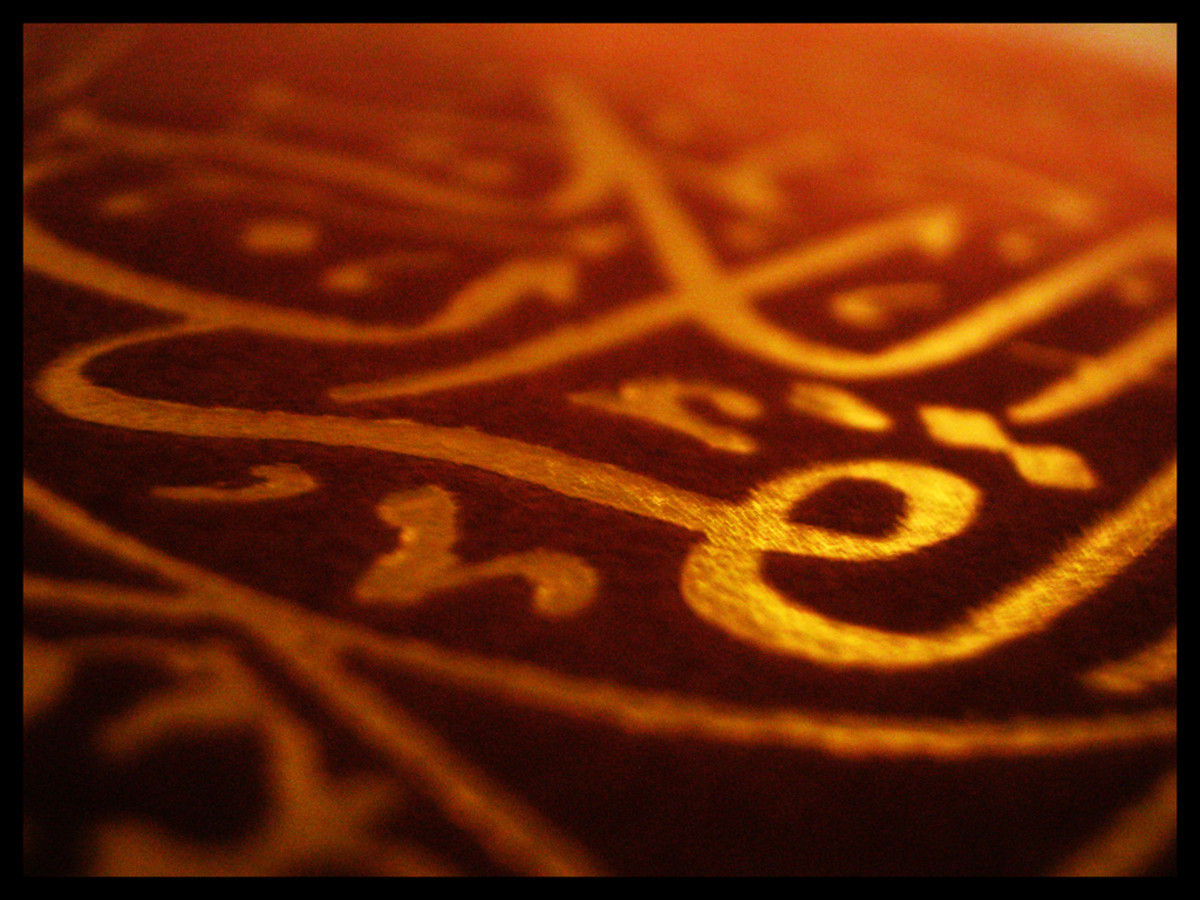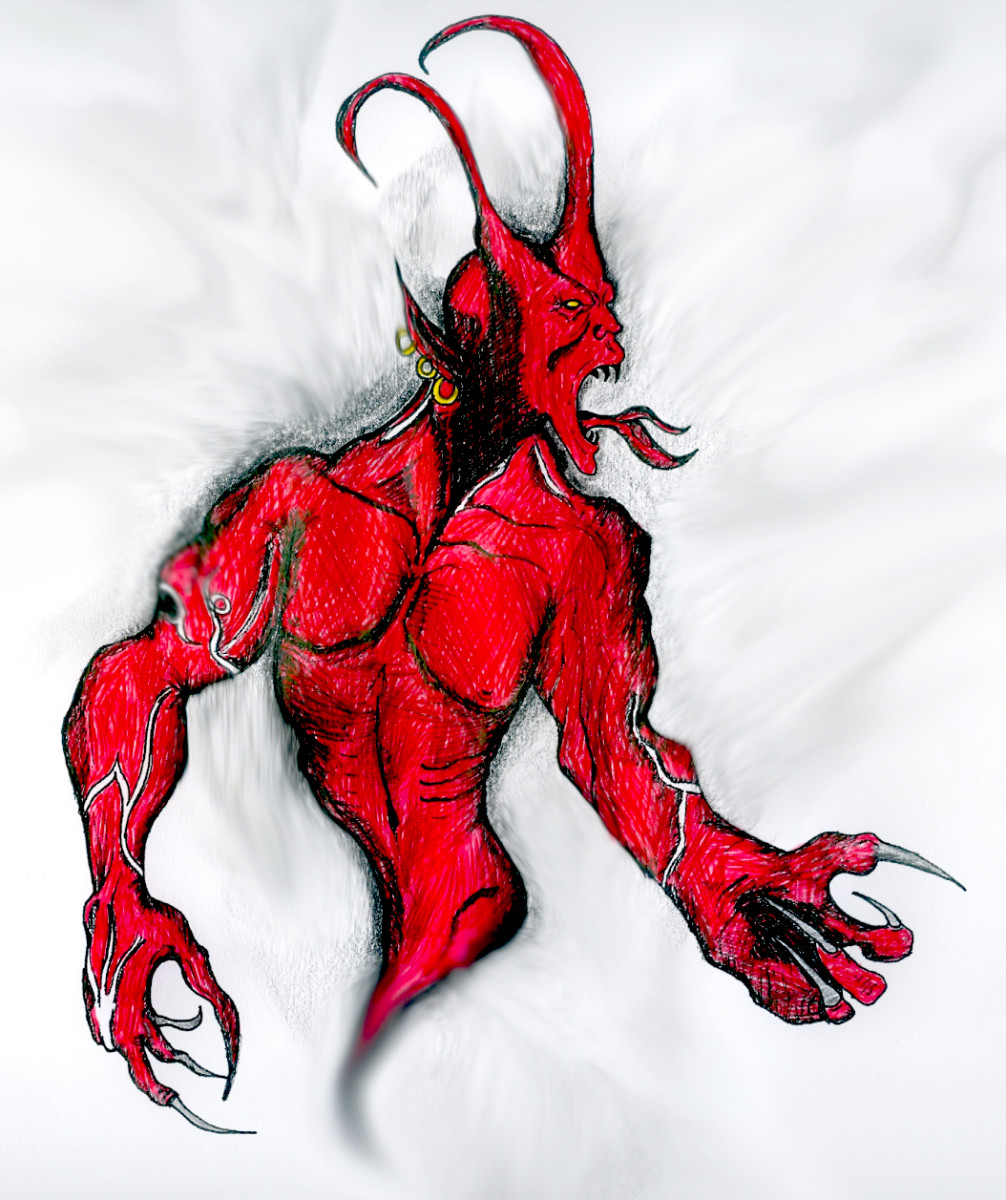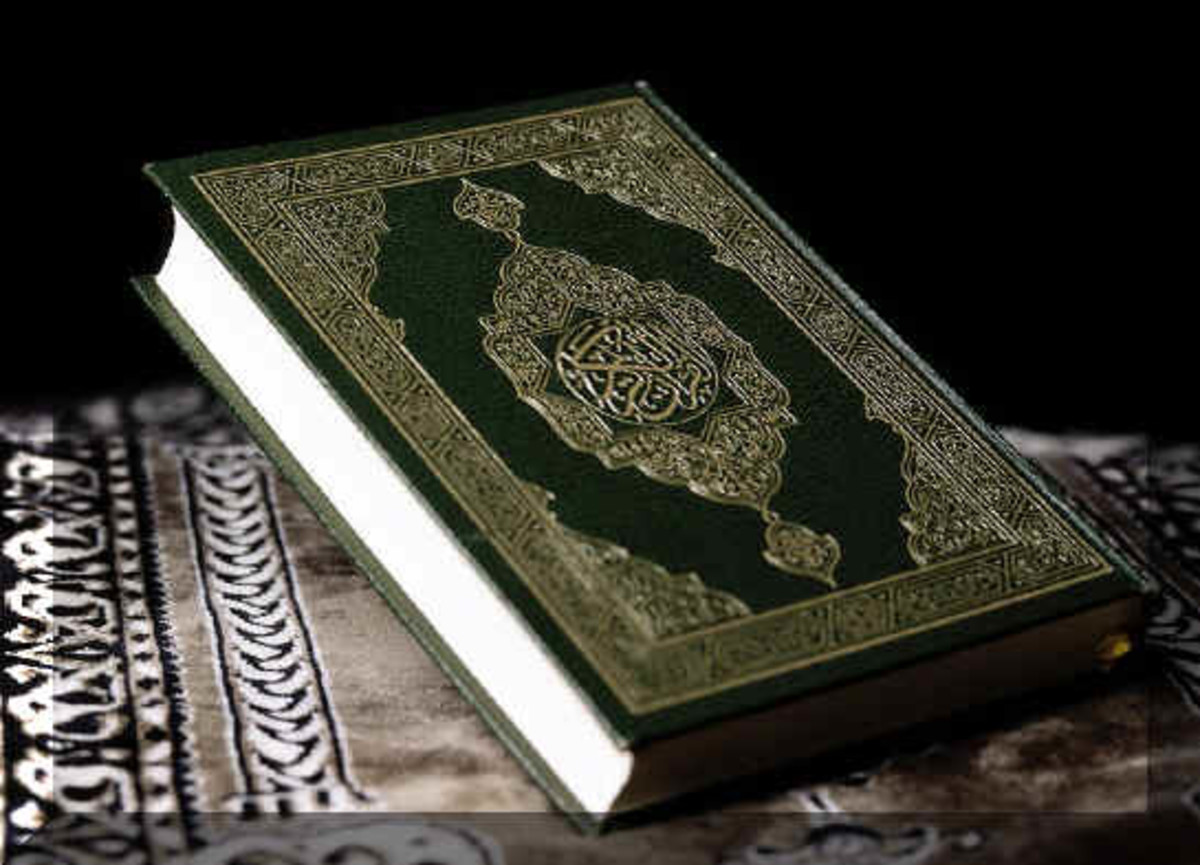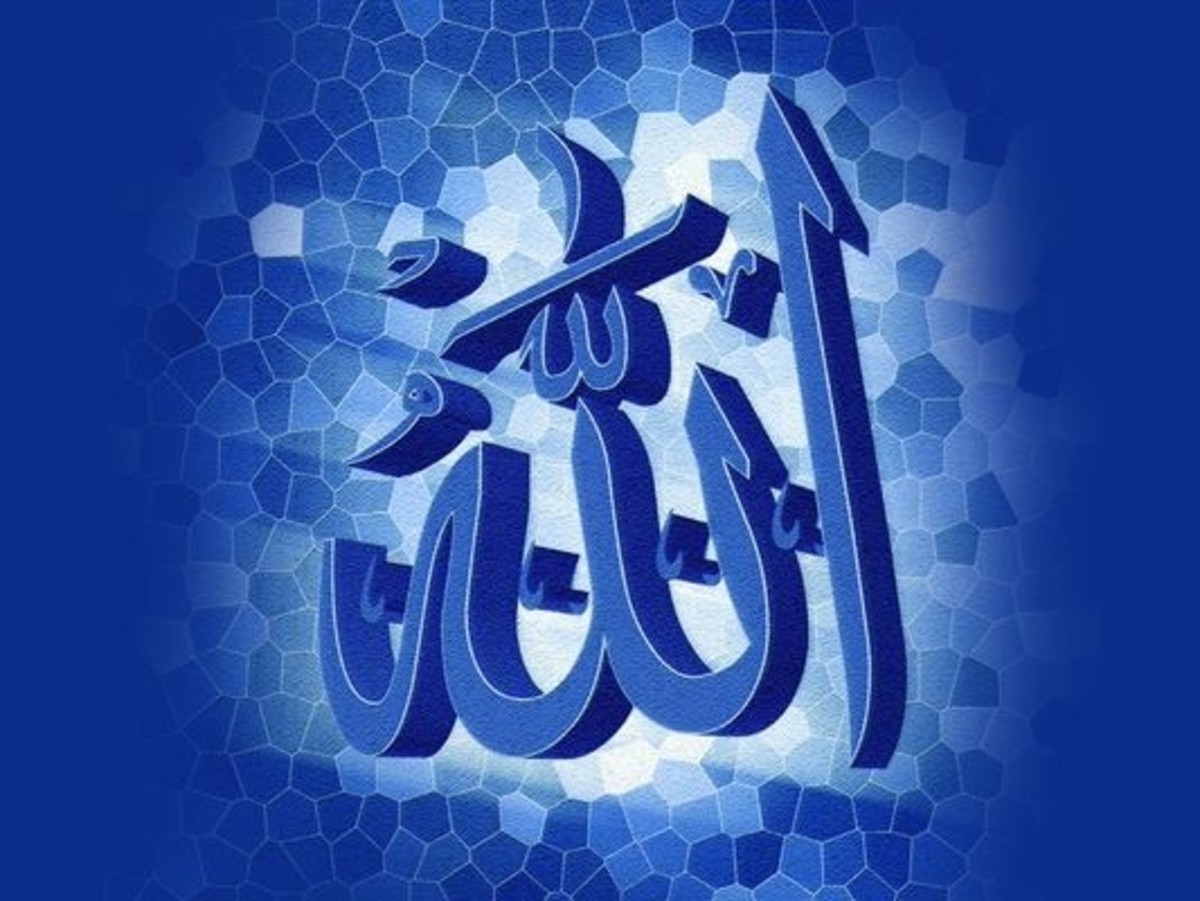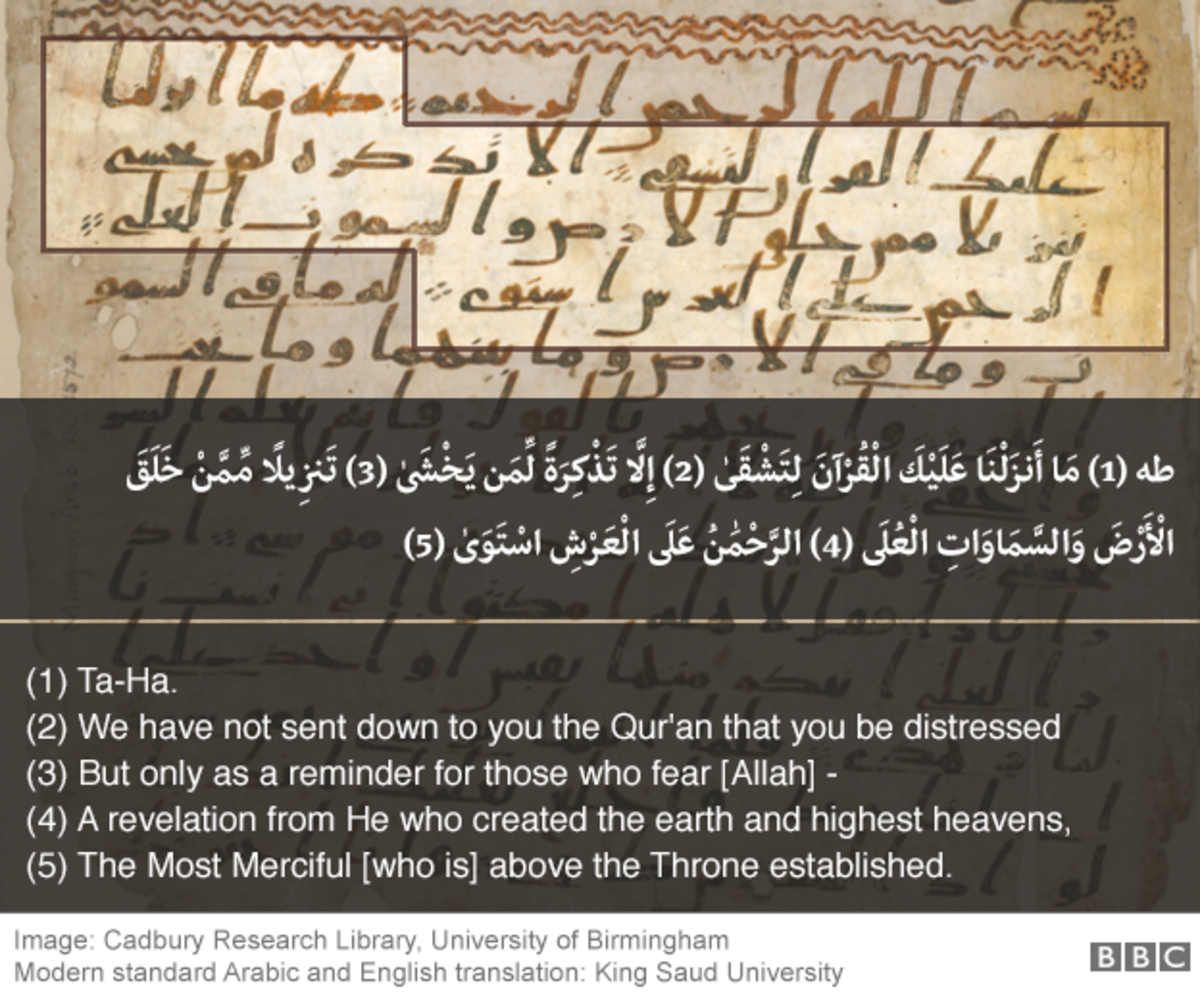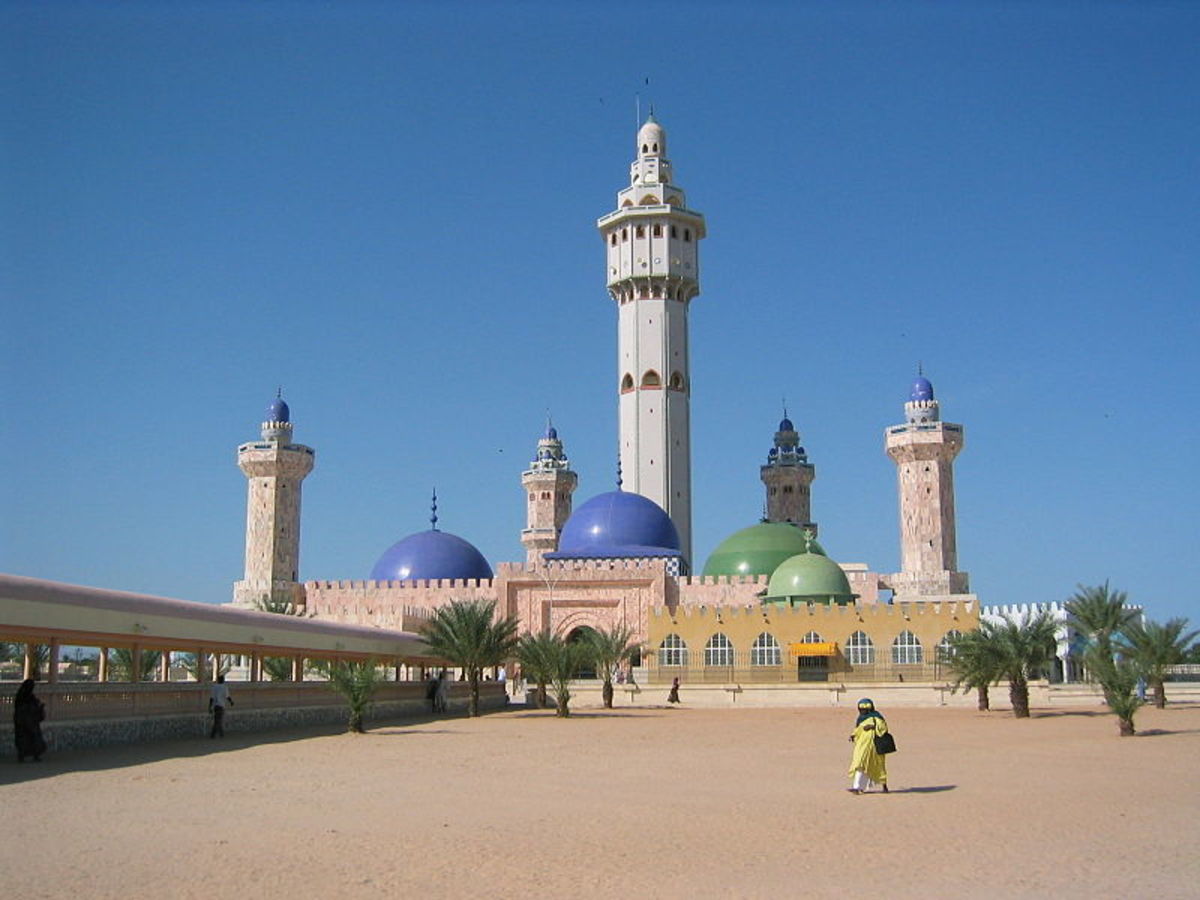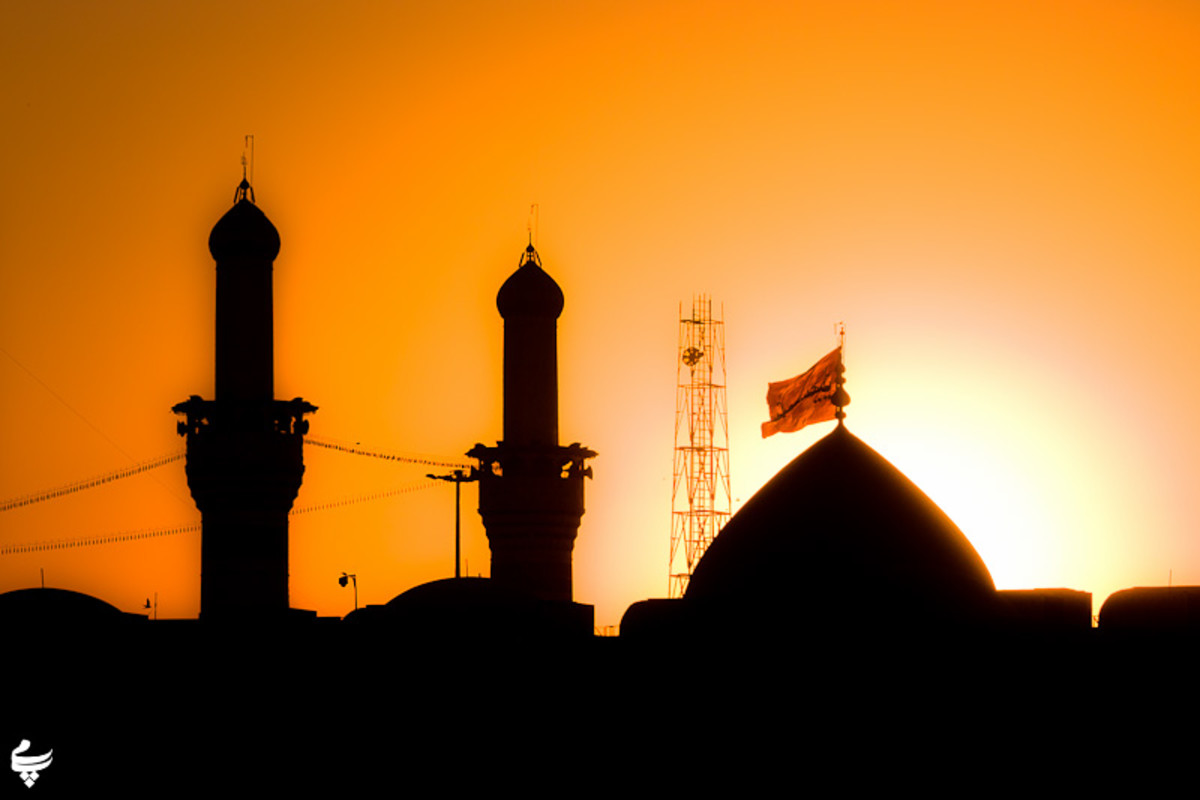The Ahmadiyya Movement in Islam - Part 1: Finality of Prophethood
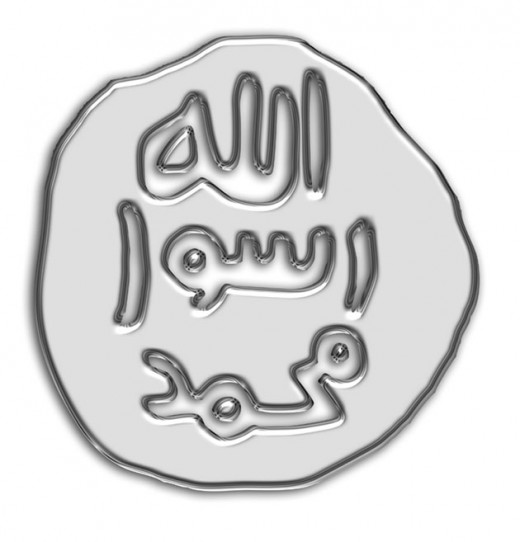
Introduction
I was inspired to write this series of Hubs after reading a couple of Hubs strongly opposed to the Ahmadiyya movement in Islam or what is also known as the Ahmadi sect of Islam. Since I am a former Sunni Muslim who committed himself to a movement considered hateful and heretical by most Muslims, I thought it would create fair value for the reader to share my side of the story and allow them to weigh it against the opposition-argument. I will position my argument with as much fact as possible, and as little subjective argument as possible. Since I care to do justice to this subject, I will address the oft-raised topics in separate hubs. In this first of five planned hubs, I will address the topic of finality-of-prophethood and how it can be reconciled with the prophecy that Prophet Muhammad (peace be upon him) made about the coming of a Messiah and Mahdi (divine guide). In subsequent hubs I will cover the following topics:
> The Return of the Son of Mary, and Imam Mahdi (Divine Guide)
> Accusations of being a Cult and Agents of Britain/Israel
> True and False Prophets: A Criteria
> Other Criteria, context and conclusion
The Prophecy of a Prophet vs. Finality-of-Prophethood
I had always found the argument lacking that Prophet Muhammad (pbuh) is the last prophet and yet Jesus Christ (pbuh) is to return after him. People sometimes answer me with, “well, he is last because he was born after prophet Jesus”— I have found this logic untenable— for me, last is he who walks the earth last. Regrettably, some Muslims have gone as far as to innovate that Prophet Jesus (peace be on him) upon his return from heaven will no longer hold status as a prophet. One such person is the famous Islamic lecturer/preacher Dr. Zakir Naik. Take a look at the following video . . .
Prophecy of Messiah in following of Muhammad (pbuh)
The explanation offered by Maulana Muhammad Wali Razi in the latter part of the video appears agreeable-- Prophet Jesus (pbuh)’s return after Prophet Muhammad (pbuh) does not violate the finality-of-prophethood because he will dispense prophetic wisdom, guidance and judgment in complete subordination to the religion of Islam. This resolves the confusion and conflict that students sometimes express in the fact that prophet Muhammad (pbuh) said “There are no prophets after me” and yet he also spoke abundantly of the return of Son of Mary.
Relevant Verses from The Holy Quran
Let us take a look at some verses of The Holy Quran below which I take as to be opening up the interpretation that prophetic dispensation can still take place, albeit in complete submission and servitude to the religious law dispensed by Prophet Muhammad (pbuh).
[33:40] Muhammad is not the father of any men among you, but, he is the Messenger of Allah and the Seal of the Prophets.
This surah does not appear to be supporting the interpretation that Muhammad (pbuh) is a literal last of prophets. Whenever we encounter the word ‘but’ (or Walakin in Arabic) in the middle of a statement it means that there is a relationship between what comes before and after this word. If that relationship is studied here, the ‘Seal’ means that he is the father of the prophets—a chief among them, the most high in stature holding the last word. This is also how the word Khatam is mostly applied in the Arabic language.
[4:69] And whoso obeys Allah and this Messenger of His shall be among those on whom Allah has bestowed His blessings, namely, the Prophets, the Truthful, the Martyrs, and the Righteous. And excellent companions are these.
Several non-Ahmadi Islamic scholars agree that when we recite the Surah Fateha (first chapter of the Holy Quran) and pray for guidance on to the path of those who have been blessed and rewarded, that those specific blessings or rewards are stipulated in this verse. However, in order to defend their notion of finality-of-prophethood, they say that one can only join the prophets in the after-life but not actually become one. Firstly, the subjects of the verse are those who will obey Allah and this messenger, not those whose company will be attained. So when the verse moves on to define the rewards, these are the subjects—including prophets. Secondly, it is a rule of language that when we phrase that we want to be among a group of people, then we mean to become like them. For example, if I say I want to be among the successful, or among the righteous, this means I actually want to be a successful or righteous person, not just be in their company. Thirdly, if one subscribes to the notion that we can only hope to be in the company of such people and not become prophets then we can’t become truthful, martyrs, and righteous either—as these are all grouped together in the verse. As for those who say that prophethood cannot be attained as a reward or blessing please refer to verse 5:20 which clearly states prophets came to followers of Moses as Naymat or reward/blessing.
[3:81] And remember the time when Allah took a covenant from the Prophets, saying: ‘Whatever I give you of the Book and Wisdom and then there comes to you a Messenger, fulfilling that which is with you, you shall believe in him and help him.’And He said: ‘Do you agree, and do you accept the responsibility which I lay upon you in this matter?’ They said, ‘We agree;’ He said, ‘Then bear witness, and I am with you among the witnesses.’
[33:7] And remember when We took from the Prophets their covenant, and from thee, and from Noah, and Abraham, and Moses, and Jesus, son of Mary, and We indeed took from them a solemn covenant.
The above two verses require little explanation. They are self-explanatory. I have encountered the defense that this covenant is taken from prophets only and not from their followers. If a follower-prophet comes then what sense does it make for him to come during the life of the one dispensing the Book and wisdom? Naturally, a follower-prophet will come during a time of need when people may have fallen out of guidance and righteousness. If you study the two verses that follow verse 3:81, it says that whoso now turns away (from this covenant) they will be among the fasiqeen or disobedient. And such people are seeking another religion or looking to turn their religion for their convenience. If this covenant is binding on prophets only, then it is inconceivable that they could ever be disobedient to Allah. Hence, the verse is rather referring to those followers of prophets who will disobey this command and covenant. Verse 33:7 states that prophet Muhammad (pbuh) is part of the covenant. For those who accept this interpretation, it lays a great responsibility on them.
[11:17] Can he (Muhammad, pbuh), then, who possesses a clear proof from his Lord, and to testify to whose truth a witness from Him (Allah) shall follow him, and who was preceded by the Book of Moses, a guide and a mercy, be an impostor? Those who consider these matters believe therein, and whoever of the opposing parties disbelieves in it, Fire shall be his promised place. So be not thou in doubt about it. Surely, it is the truth from thy Lord; but most men do not believe.
Following the interpretation of the previous verse, this verse speaks of a witness from Allah who will follow prophet Muhammad (pbuh) and his proof (The Quran). Several translations state that the witness will 'recite' instead of follow. If you study the meanings of the Arabic word Yatluho (also a root of tilawat) used in the verse, it actually means to follow or act upon. The simple recitiation is called 'Qirat'. Prophet Muhammad (pbuh) has prophecised that a time will come when nothing will be left of the Quran except its words (meaning people will recite it but not follow or act upon it). After all, what meaning does it hold for a witness from Allah to simply recite it? The witness would be required to reinstitute the following of the Book. Moses (pbuh) is also mentioned in this verse who also had a law-bearing book and was followed by Jesus Christ (pbuh) to bear testimony to his true teachings. Similarly, prophet Muhammad (pbuh) had also prophecized that a Messiah and Mahdi will follow him too.
[7:35] O children of Adam! if Messengers come to you from among yourselves, rehearsing My Signs unto you, then whoso shall fear God and do good deeds, on them shall come no fear nor shall they grieve.
This is a general statement being made to the audience of the Holy Quran. Why would such a verse be revealed unto prophet Muhammad (pbuh) and Muslims if prophethood in all manner had been ceased?
[5:19] O People of the Book! there has come to you Our Messenger, after a break in the series of Messengers, who makes things clear to you lest you say, ‘There has come to us no bearer of glad tidings and no warner.’ So a bearer of glad tidings and a warner has indeed come to you. And Allah has power to do all things.
Again, here the subject of series of prophethood is directly addressed, if all manner of prophethood had truly ceased, then this verse should have said that now comes to you the last messenger. In fact, it says that prophet Muhammad (pbuh) has come after a break in the series of messengers, not as the last in a literal sense.
Ahadith and the Opinions of some scholars
The natural question regarding hadiths and opinions of scholars would be if there are any references that reconcile the above verses of The Holy Quran with prophet Muhammad's (pbuh) saying of 'There are no prophets after me' and 'By Him in whose hands is my soul, the Son of Mary will surely descend among you . . .'. I will offer a couple of references.
I am the last of the Prophets and my mosque is the last of the mosques (Sahih Muslim Book#7, Ref# 3211) - since his mosque was not a literal last of mosques, one can consider this Hadith as support for the thesis.
In this context, I would present to you the well-known saying of Ayesha Siddiqa (may Allah be pleased with her, wife of Muhammad(pbuh)). She said: “Say He (The Holy Prophet) is ‘Khatamul-Anbiyya’ (Seal of the Prophets) but do not say that there would be no prophet after him.” (Durre Mansoor Vol 5, page 204). That is to say that Hazrat Ayesha was aware that the words of the Holy Prophet (peace and blessings of Allah be on him) would be misconstrued so she made it a point to clarify the meaning of “La Nabi Ba’adee” (There are no prophets after me). Similarly, Shaikh Al lmam Hazrat Ibn Qutaiba (died 267 A-H.), referring to the above noted interpretation of “La Nabi Ba’adee” writes: “This interpretation, put forth by her (Hazrat Ayesha), does not contradict the words of the Holy Prophet (pbuh). The Holy Prophet (pbuh) meant that there would be no prophet after him who would abrogate his law.” (Taweel Mukhtalaf Al Ahadith pg. 236).
Below are the opinions of other historical scholars that agree with the above synopsis . . .
Opinions of historical scholars
Scholar
| Reference
| Opinion
|
|---|---|---|
Al-Hakim al-Tirmidhi
| Kitab khatam al-awliya, pp.341-2
| Indeed the one who is blind to this information, he thinks that the interpretation of “the seal of prophets” is that he is the last of them in being sent. But what virtue is there in this? And what [perfection in] knowledge is there in this? This is the interpretation of ignorant people.
|
Syed Abdul Karim Jilani
| Al Insaan ul Kamil, page 115
| After Hazrat Muhammaed (SAW), the coming of law-bearing prohphet has ceased as he has been exalted to Khataman Nabiyeen.
|
Imam Abdul Wahab Shirani
| Alyawaqit Wal Jiwahir, Vol. 2 Page 39
| Let it be known that prophethood iteself has not ceased; it is the law-bearing prohphethood which has been discontinued. (He also explains the meaning of the famous Hadith and quote of Holy Prophet (SAW), "there will be no prophets after me", in the same context).
|
Hazrat Shah Waliullah (known as Mujaddid of 12th century and also a Mahadith)
| Talheemaat-e-Illaya, Part 2 Page 85
| The termination of prophethood with Holy Prophet (pbuh) means that there can be no divinely inspired reformer after him who will be commissioned with a new law.
|
Mohiyuddin Ibne Arabi
| Al-Futuhat Al-Makiyya, Vol. 2 page 3
| The prophet-hood that has terminated is the law-bearing prophet-hood and not prophet-hood itself. Thus there can be no new law (shariyah) that can abrogate or add into the law revealed by the Holy Prophet(SAW). This is the meaning of the Prophet’s(SAW) saying: prophet-hood has ceased – thus after me there will be no prophet. With this saying what the Prophet (SAW) had meant that now there can be no prophet that can come with a law (shariyah) which is against my law – instead whenever a prophet comes he will be subordinate to my law.
|
Conclusion
One important aspect to this discussion is to apply rationality and historical context. We know that it is the way (sunnah) of God Almighty to send prophets for dispensing wisdom and guidance. This dispensation is also a test for those who experience it--- people have supported and opposed prophets and nearly all have stood accused of being imposters. One important aspect of prophetic dispensation is when there is a need for it due to circumstances in religion and spirituality having deteriorated. Such deterioration has often occurred in form of divisions, in-fighting and the pervasion of other kinds of spiritual malice such as holding saints and prophets as equals with God Almighty. Prophets are a mercy and grace from God Almighty. Their absolute termination does not make sense.
Therefore, the interpretation that for me won at the end of the day is that Prophet Muhammad (pbuh) is the ‘Seal’ of the prophets. The finality-of-prophethood would then mean that he is the zenith among prophet, the final level and state— there can be no new religious law or prophet after him that can abrogate his law or add anything to it. Any subsequent prophethood is only valid in complete and absolute subordination to him. And if he can inspire follower-prophets, this only adds to his status and authority.
In the next hub, I will write about the concept of the return of Son of Mary which is a fundamental subject of end-times prophecy in Christianity and Islam. It would be just as interesting for Christians too. Look for it in approximately a couple of weeks time.
For more information on this topic, please visit http://www.alislam.org/library/finality.html
"A Misconception Removed" by Hazrat Mirza Ghulam Ahmad (pbuh)
Poll
What is your interpreateation of the Finality-of-Prophethood of Prophet Muhammad (pbuh)
Disclaimer: The contents of this Hub do not officially represent The Ahmadiyya Movement in Islam or the Ahmadiyya Muslim Community. The official website of The Ahmadiyya Movement in Islam or The Ahmadiyya Muslim Community is www.alislam.org. I write these Hubs in my personal capacity.

